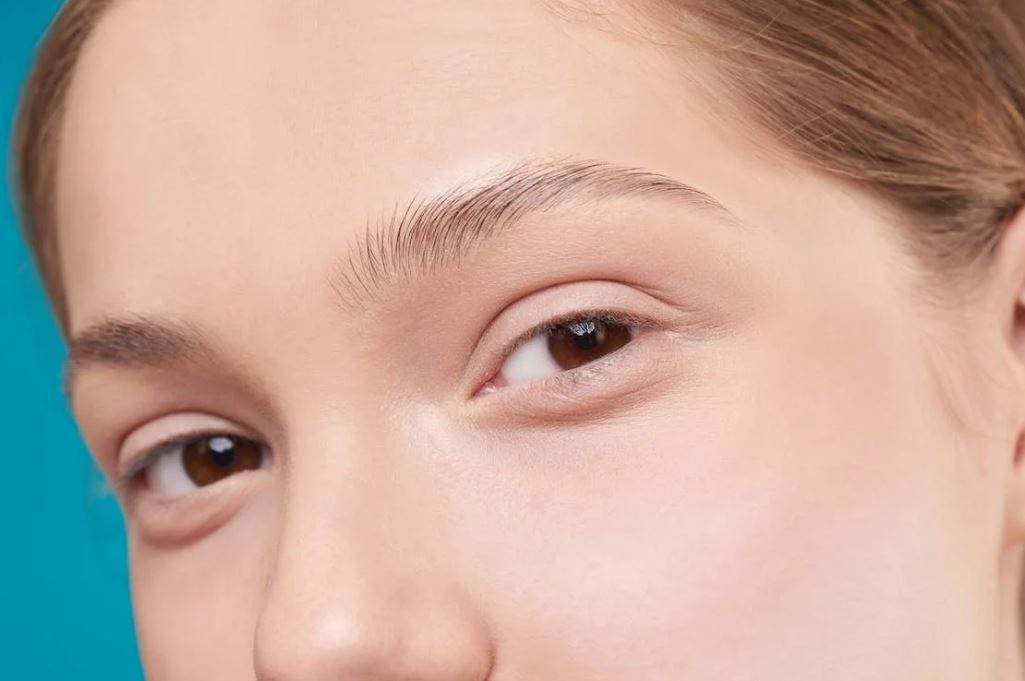When it comes to our smile, keeping our teeth free from cavities, sparkly white, and healthy are the top priorities. When you tend to overlook one of the vital part of your mouth, your gums, it leads to some dental health issues which also affects your overall health.
The most common condition that usually sends you to visit your dentist is receding gums. Receding gums can be painful and scary because it interferes with your smile and your overall health. Listed below are the causes and symptoms of gum recession and how to treat them.
Causes of Gum Recession
Gum recession can happen to every people of all ages causing many problems to their dental health. Gum recession can also occur even if you take good care of your gums. There are numerous factors that cause your gums to recede, including periodontal diseases.
Periodontal diseases or periodontitis are common gum infections that are caused by bacteria affecting the tissues surrounding your teeth and the bone that holds the teeth in place. Periodontitis is also the primary source of gum recession.
There are many minor symptoms of early stages of gum diseases that people often neglect such as bleeding gums, chronic bad breath, gums that feel tender to touch, and swollen, red, purple gums. There are also some factors that result in receding gums including:
- Brushing too hard. If you brush your teeth aggressively, it causes the gums to recede and the tooth’s enamel to wear away.
- Abnormal Tooth Positioning. If the teeth are misaligned to one another, receding gum can happen. With this, a Leading New York Orthodontist, Dr Adam Schulhof and other orthodontics can help you solve this problem.
- Poor Oral Care. If you are not taking good care of your oral health, it will inevitably cause gum recessions and other dental issues.
- Just like the rest of your body, the characteristics of your gums are also determined by your genetics. Either one or both of your parents have receding gums, bear in mind that you are at a higher risk for gum recession.
Symptoms of Receding Gums
It is essential to know that it may not be possible to notice and identify receding gums based on visual evidence alone. Identification should begin with consistent checkups with your dentist. There are some signs that you can look for to identify the gum recession even before a dentist could.
- Tooth Sensitivity. Increased sensitivity is one of the first symptoms of receding gums and other oral condition.
- Long Teeth. When your gums recede, the teeth may appear longer than usual.
- Inflamed Gums. The swelling and redness of your gums, most especially along the margins, may be a sign of gum recession.
How to Treat Receding Gums?
Receding gum treatment varies significantly, depending on the severity of your gum disease. The good news is that gum recession is usually preventable. For you to know the first step in treating receding gums, you should regulate what factors are significantly contributing to the recession so that they can be minimized.
An excellent dental routine such as proper brushing and flossing at least twice a day and biannual visits dramatically helps in your oral health. Further, wearing a night guard and improving your sleep quality and reducing those sleep apnea symptoms such as snoring is one of the best ways to protect yourself from gum recession.
Finally, consuming acidic foods and drinks also build up gum recession. You should stay away with those acidic foods and beverages. Buffer these acids by drinking a neutral drink such as water.
Takeaway
Gum care is an integral part of maintaining overall health which only requires a minimal time commitment. Consistent oral hygiene, regular professional checkups, and cleanings will keep the gums in great shape leaving you with healthy gums and smile.
Author’s Bio
 Clarence Rivera is an enthusiastic part-time writer who loves writing about health and anything interesting. He writes during the day and works during the night. In his spare time, Clarence enjoys watching movies and playing boards with friends.
Clarence Rivera is an enthusiastic part-time writer who loves writing about health and anything interesting. He writes during the day and works during the night. In his spare time, Clarence enjoys watching movies and playing boards with friends.
Frequently Asked Questions on Dental Health
1. Oral Cancer- Early Signs and Risk Factors
2. Midline Diastema – Causes and Treatment Options
3. 5 Dental Treatments to Enhance Your Smile
4. Importance of Dental Visit for Infants
5. Dental Tourism in India – Advantages and Disadvantage
6. Can Eating Disorders effect Dental Health?
7. How to Reverse Tooth Decay and Dental Caries with Diet?
8. Complete Information on Mouthwash for Dental Health
9. Dental Myths and Facts in Society-by Dr. Sushma Sharma(Dhiman)
10. Oil Pulling-Benefits, Tips and Methods for Dental Health
11. 4 Great Tips to Help You with Your Smile Makeover
12. What Are The Early Signs Of Gum Disease?
13. 7 Ways to Treat Gapped Teeth Effectively
14. Should I Go to the Dentist When I’m Sick?
15. Habits Start Young: 4 Ways to Implement a Healthy Routine for Your Kids
16. Receding Gums: Causes, Symptoms, and How to Treat Them
17. How to Get Your Biggest, Brightest, and Whitest Smile
18. How Menopause affects Oral Health?
19. Tongue tie in children-know all about the symptoms and cure
20. How to Deal with Black Spaces in your Teeth
21. The Effects of Enlarged Tonsils on Dentition
22. 8 Amazing Benefits Of Baking Soda And Lemon for teeth
23. What Should we Eat and Avoid with Braces?
23. 9 Traditions to Dispose of Lost Milk Teeth





